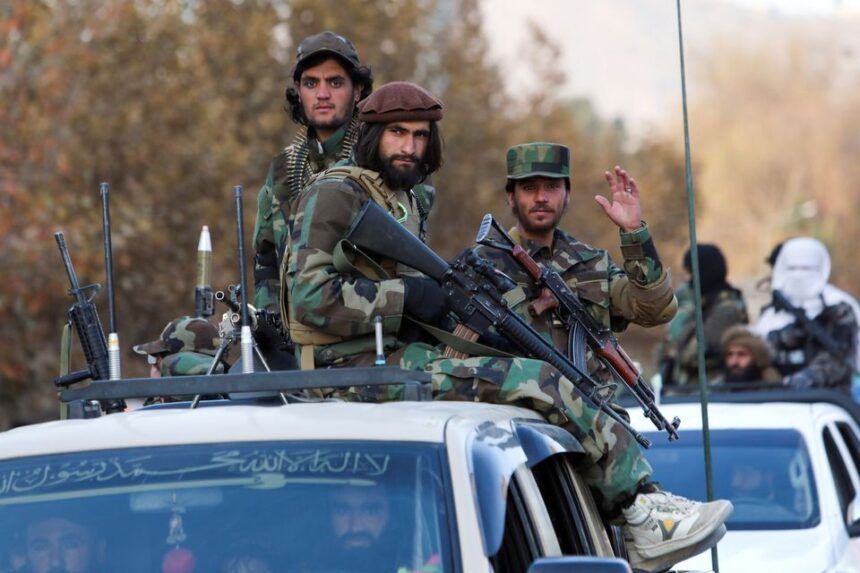RASC News Agency: The Express Tribune recently reported that Afghanistan, now under Taliban rule, is no longer a high-priority regional issue for the United States. The article attributes this shift to the Taliban’s stringent policies on women’s rights and a rigid approach to anti-terrorism, which have caused U.S. interest in active engagement to wane significantly. The report notes that the 2021 American military withdrawal further decreased Afghanistan’s strategic importance to the United States, with current U.S. priorities in the region now focused primarily on countering Chinese influence while preventing a resurgence of terrorism in Afghanistan.
The Express Tribune asserts that European countries, however, are more inclined toward engaging with the Taliban, driven by concerns over narcotics trafficking, the potential return of “anti-Western extremist groups,” and the threat of new migrant flows to Europe. The U.S. has thus reportedly shifted much of its Afghanistan policy oversight to its European allies. The report also highlights that Afghanistan’s neighboring countries appear to have a consensus that recognition of Taliban rule should be conditional on factors such as regional security, women’s rights protections, and signals from Western nations. Despite certain cultural and historical ties between Afghanistan and Pakistan, persistent challenges such as the presence of Tehrik-i-Taliban Pakistan (TTP), the contentious status of the Durand Line as an international border, and the Afghanistani refugee crisis continue to complicate the situation.
The Express Tribune cites Pakistani officials who suggest that Islamabad’s options regarding Afghanistan have grown increasingly limited, occasionally resulting in reactive measures like border closures. Additionally, the report notes internal divisions within the Taliban leadership, highlighting ideological tensions between the “Kandahari faction” and the more pragmatic, military-oriented “Haqqani faction,” which continue to influence the group’s governance dynamics.
Since seizing control of Afghanistan, the Taliban have repeatedly called for more extensive relations with the United States, while at the same time positioning themselves as long-time adversaries who fought American forces. Meanwhile, many Afghanistani citizens hold the view that the U.S. was instrumental in enabling the Taliban’s return to power.






